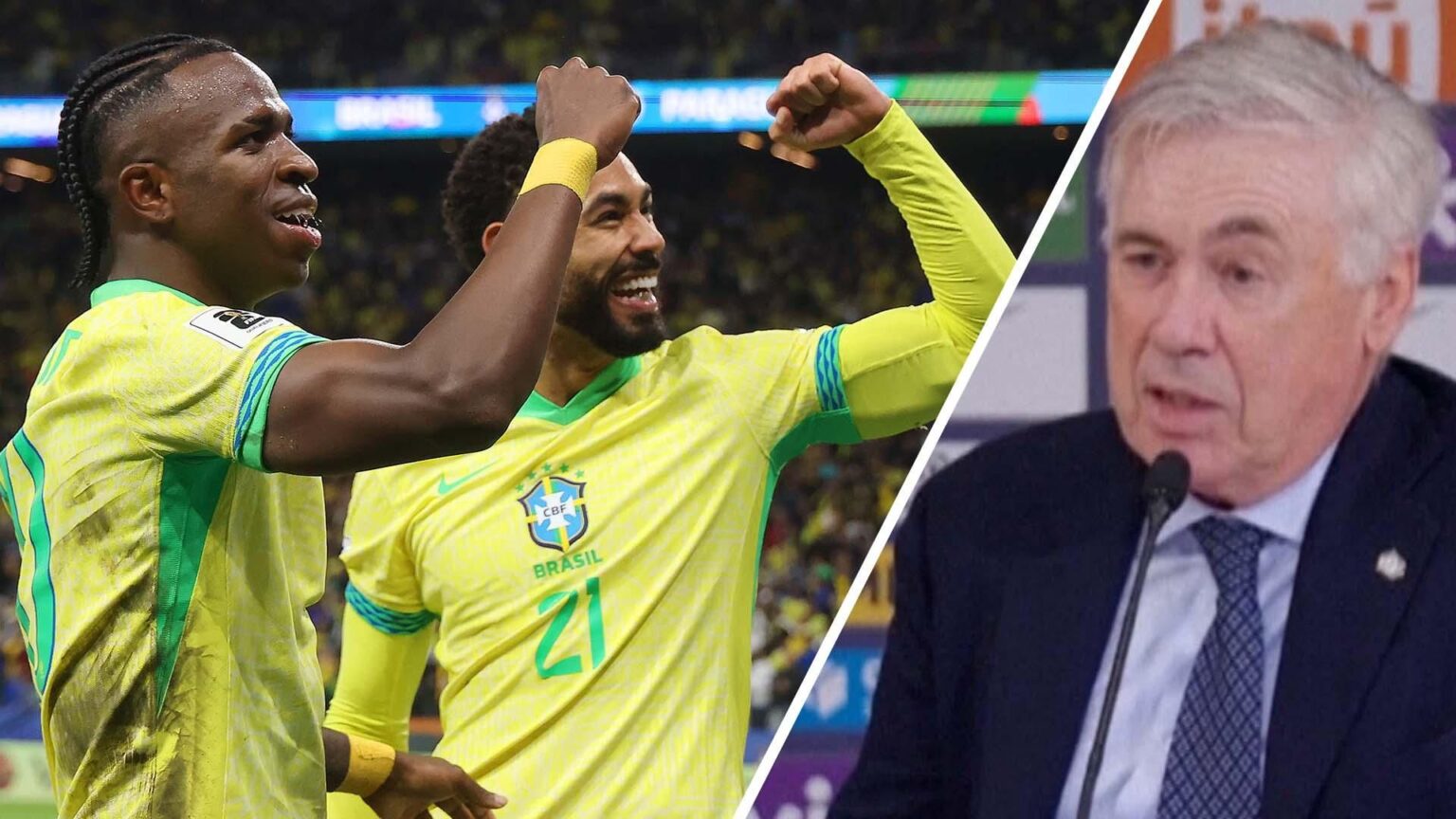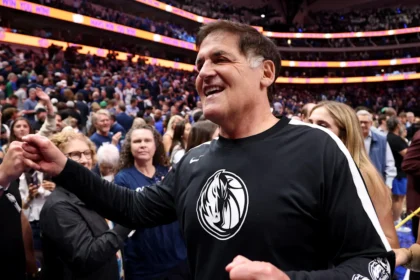On Wednesday, a court in Madrid sentenced Brazilian coach Carlo Ancelotti to one year in prison and fined him €386,000 (approximately $452,000) for tax evasion related to image rights income while he was managing Real Madrid in 2014. The court indicated that Ancelotti might receive a suspended sentence, as Spanish law generally doesn’t mandate prison time for first-time offenders.
Ancelotti, who managed Real Madrid from 2013 to 2015 and again from 2021 to 2025, previously escaped similar accusations in 2015 when the court determined he hadn’t been in Spain long enough to owe taxes. Following his dismissal from Real Madrid in May 2015, he relocated to London.
A spokesman for Ancelotti, Carlos Sánchez, stated to the Associated Press that the coach would refrain from commenting at this time. The Brazilian Football Federation also released a statement expressing its support concerning the matter.
Prosecutors had sought a significantly harsher penalty of four years and nine months in prison, along with a €3.2 million ($3.7 million) fine. Their case centered on Ancelotti’s failure to report his image rights income in his Spanish tax filings during 2014 and 2015, only declaring his salary from Real Madrid.
Ancelotti’s case adds to a growing list of high-profile athletes and coaches scrutinized by Spanish tax authorities, including Cristiano Ronaldo and Diego Costa, both of whom paid hefty fines and settled their cases. Unlike them, Xabi Alonso, former Bayer Leverkusen player, chose to fight his case, leading to an acquittal upheld by the Supreme Court in 2023.
At 66, Ancelotti remains one of soccer’s most accomplished coaches, being the only one to capture the Champions League five times—three with Real Madrid and twice with AC Milan—as well as winning league titles across England, Spain, Italy, Germany, and France. Following his latest Real Madrid term, he assumed the role of coach for the Brazilian national team.
This development is significant for soccer fans, as it reflects the ongoing scrutiny of financial practices within the sport. Ancelotti’s situation could influence how clubs and players manage their financial dealings, potentially reshaping the landscape of football governance and accountability.



